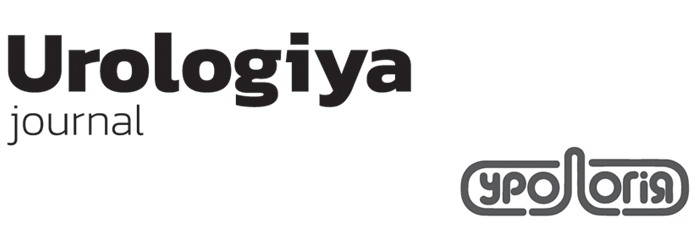Sakalo A.V., Gatserelia Z.V., Sakalo V.S.
Levels of quality of life in patients with muscle invasive bladder cancer after organ-preserving treatment
doi: https://doi.org/10.26641/2307-5279.27.1-2.2023.291340
The aim of the study was to analyze the quality of life of MIBC patients’ life after RC with orthotopic ileal neobladder, after partial cystectomy (PC) with adjuvant radiotherapy (RT) and after PC with adjuvant chemotherapy (CT). A retrospective analysis of 120 MIBC patients who were treated at the Kyiv city clinical oncological center which is the base of SI “Institute of urology named after academic O.F. Vozianov” NAMS of Ukraine during the period from 2008 to 2019 was performed. The patients were divided into 3 groups depending on the intervention extent. The 1st one included patients after RC (42), group 2 consisted the patients after PC and adjuvant RT , group 3 consisted the patients after PC and adjuvant CT. The patients' quality of life has been assessed by three questionnaires - EORTC QLQ-C30, EORTC SHQ-C22, ICIQ-UI. The results of the study confirm better quality of life after PC with adjuvant CT, especially with regard to physical condition, patients' adaptation in society (social scale), financial toxicity, gastrointestinal tract functioning (according to symptoms of vomiting, nausea and diarrhea). Our study has confirmed that PC can provide adequate control of MIBC in the individual cases and showed that it offers patients a good chance of long-term bladder preservation providing satisfactory overall postoperative health and quality of life. A critical approach should be taken into consideration when choosing the most appropriate regimen for treatment of MIBC and considering between radical cystectomy or partial cystectomy. However, it is important to inform patients that organ-preserving treatment allows them to achieve a better quality of life, the treatment process may be longer than that after radical cystectomy.

